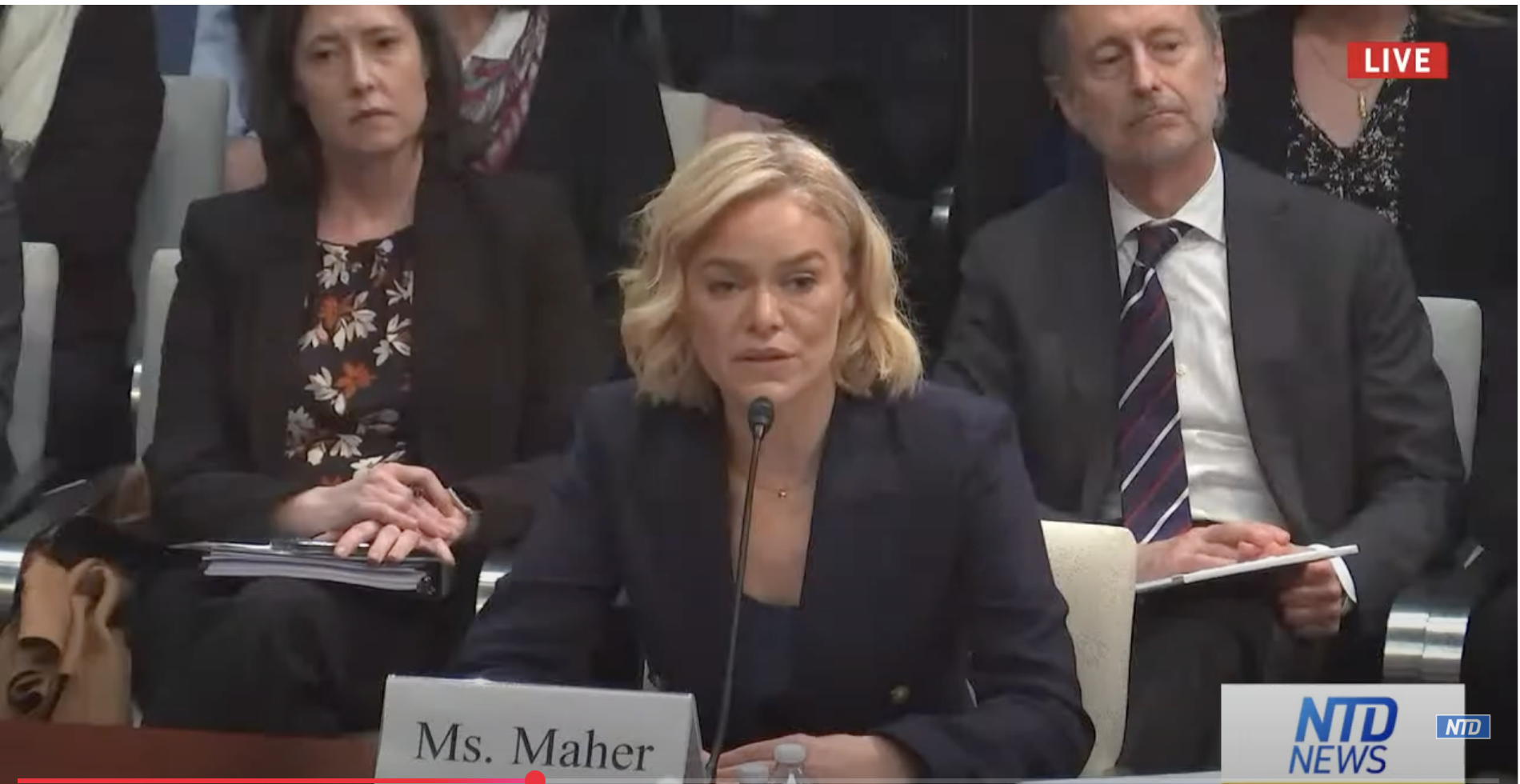Warren and Vance push to limit bank CEO pay.
Senators Introduce Bill to Claw Back Bank Executives’ Compensation
A bipartisan group of senators, led by Sen. Elizabeth Warren (D-Mass.) and Sen. J.D. Vance (R-Ohio), introduced legislation to revive efforts to claw back big bank executives’ compensation in the event of a failure or resolution.
The senators, 11 of whom are members of the Senate Banking, Housing, and Urban Affairs Committee, introduced the Failed Bank Executives Clawback Act. The bill would allow federal regulators to claw back up to three years of compensation earned by bank CEOs, board members, controlling shareholders, and other integral individuals should the company fail or be resolved.
Under current regulations, the Federal Deposit Insurance Corp. (FDIC) possesses little ability to claw back executives’ pay if their banks crumble and impose enormous costs on the banking system and the broader economy.
Warren encouraged Congress to heed President Joe Biden’s request to strengthen the regulatory regime to hold failed bank executives accountable.
In March, Biden proposed allowing Congress to give the FDIC more authority to prohibit bank executives of failed companies from working in the industry and fine bank managers if these institutions shut down.
U.S. taxpayers should not face the costs of executives’ “excessive risk-taking and gross mismanagement,” said Vance.
“This legislation would right that wrong and ensure that failed bank executives are held accountable for the collapse of their institutions–not the American taxpayer,” he said in a statement.
According to Sen. Mike Braun (R-Ind.), bank executives may require an additional incentive to manage their risk better, especially if the federal government covers uninsured deposits exceeding the $250,000 limit.
“This bill to claw back bank executive compensation when the FDIC bails out a bank is necessary,” Braun noted.
At a House Financial Services Committee hearing in May, Federal Reserve Vice Chair for Supervision Michael S. Barr proposed more oversight for bank executive pay.
“Our oversight of incentive compensation for bank managers should also be improved,” Barr told lawmakers. “SVB’s senior management responded to the poor incentives approved by its board of directors. They were not compensated to manage the bank’s risk, and they did not do so effectively.”
During a May Senate Banking hearing, Sen. Sherrod Brown (D-Ohio) accused the executives of boosting stock prices and their own pay “but didn’t address the glaring risks from customer and industry concentration.
“When you put other people’s money and our broader economy at risk, there must be accountability for that level of mismanagement,” the committee chair said.

In 2022, former Silicon Valley Bank CEO Gregory Becker’s total compensation was valued at nearly $10 million. Michael Roffler, the First Republic CEO, earned a $900,000 base salary and a maximum annual incentive bonus package of $2.95 million in 2022. Former Signature CEO Joseph DePaolo made close to $9 million in 2021.
Overall CEO Pay Fell in 2022
In recent years, many criticisms have been lobbed against CEO compensation for being too excessive, especially during an inflationary climate.
An Economic Policy Institute (EPI) study learned that corporate CEOs earned an average of 399 times an average worker’s pay in 2021.
A May 2022 survey by Just Capital found that 73 percent of Americans think CEOs are compensated too much.
But a reduction in CEO pay may be on the horizon. According to a Bloomberg report, overall CEO pay fell in 2022 for the first time in five years.
- The median pay for CEOs of S&P 500 companies fell by 1.6 percent in 2021.
- The average CEO-to-worker pay ratio also fell from 299-to-1 in 2020 to 264-to-1 in 2021.
Will this trend continue? Only time will tell.
" Conservative News Daily does not always share or support the views and opinions expressed here; they are just those of the writer."





Now loading...